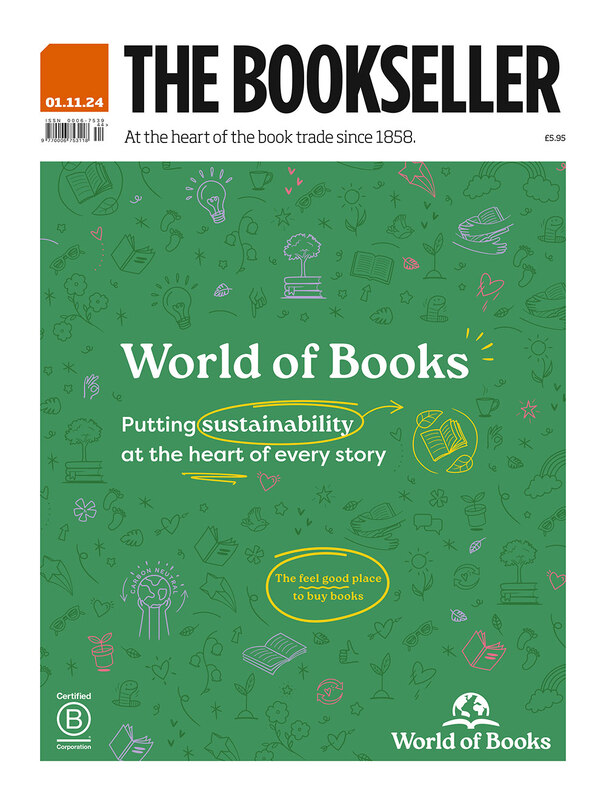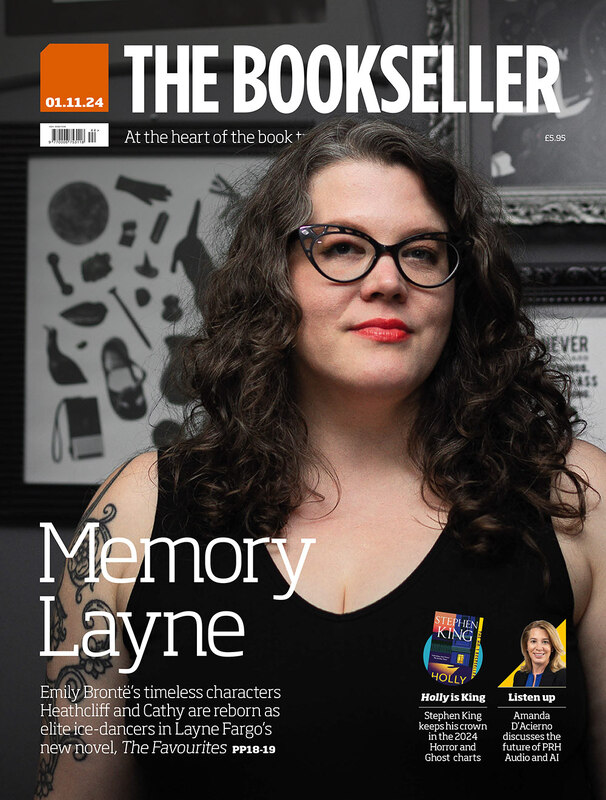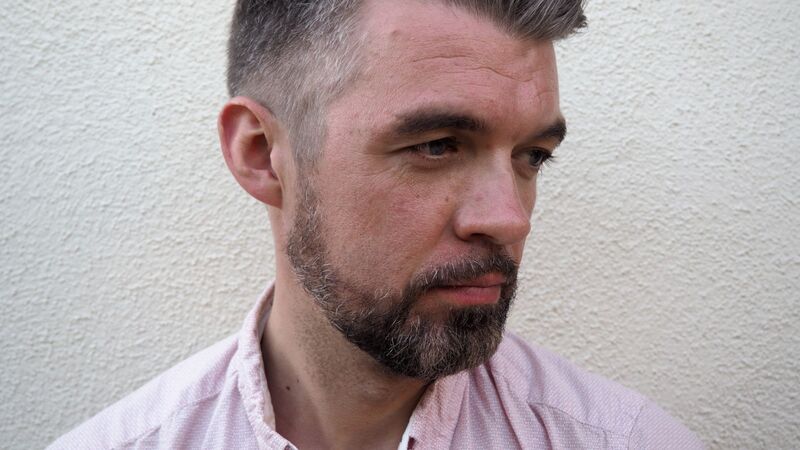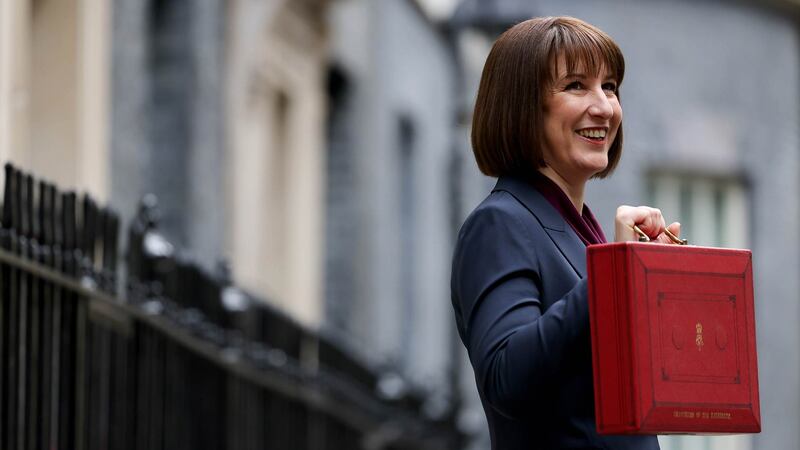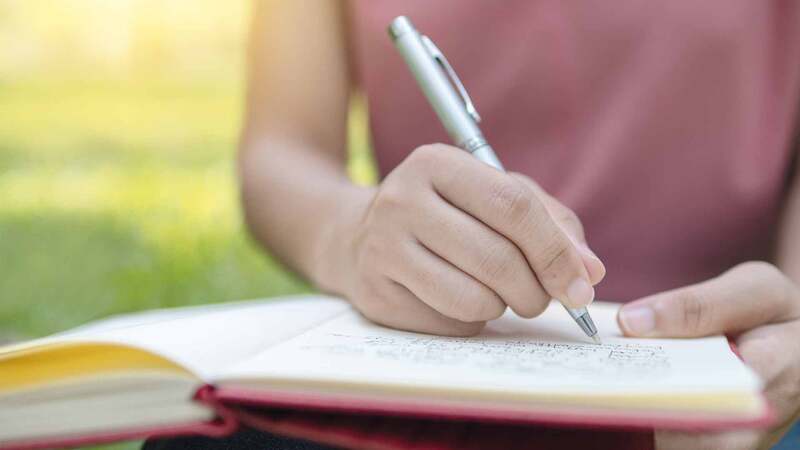You are viewing your 1 free article this month. Login to read more articles.
Internet Archive accused of 'attack' after making 1.4 million books available
The Internet Archive's move to lift restrictions on 1.4 million books has been branded an “aggressive, unlawful and opportunistic attack” on the rights of authors and publishers by the Association of American Publishers (AAP).
Based in San Francisco, the archive has caused controversy by lending scanned copies of books via a practice known as Controlled Digital Lending (CDL).
Now the archive has announced unlimited lending of all the 1.4 million books in its collection through the creation of a National Emergency Library which will last until at least 30th June.
In a post on its website, the archive said: “users will be able to borrow books from the National Emergency Library without joining a waitlist, ensuring that students will have access to assigned readings and library materials that the Internet Archive has digitized for the remainder of the US academic calendar, and that people who cannot physically access their local libraries because of closure or self-quarantine can continue to read and thrive during this time of crisis, keeping themselves and others safe.”
The archive said it had public support for the move from 100 individuals, libraries and universities across the world, including the Massachusetts Institute of Technology.
It added: “We recognize that authors and publishers are going to be impacted by this global pandemic as well. We encourage all readers who are in a position to buy books to do so, ideally while also supporting your local bookstore.”
The organisation also said authors could ask for their books to be removed by emailing info@archive.org with “National Emergency Library Removal Request” as the subject line and a URL for each title.
AAP c.e.o. Maria Pallante said: “we are stunned by the Internet Archive’s aggressive, unlawful, and opportunistic attack on the rights of authors and publishers in the midst of the novel coronavirus pandemic.
“Publishers are working tirelessly to support the public with numerous, innovative, and socially-aware programs that address every side of the crisis: providing free global access to research and medical journals that pertain to the virus; offering complementary digital education materials to schools and parents; and expanding powerful storytelling platforms for readers of all ages.
“It is the height of hypocrisy that the Internet Archive is choosing this moment—when lives, livelihoods and the economy are all in jeopardy—to make a cynical play to undermine copyright, and all the scientific, creative, and economic opportunity that it supports.”
Authors Guild resident Doug Preston added: “IA’s Open Library is giving away books that are not theirs to give away. It’s as though they looted a bookstore and started handing away books to passersby. They are hurting authors and bookstores at a time when they can least bear it. Anyone in America already has access to free ebooks through local libraries. There are over 100,000 libraries in the country where the public can access free e-books.”
In the UK, the Internet Archive project has previously fallen foul of the Society of Authors which, last year, wrote an open letter signed by hundreds of authors accusing it of breaching copyright.

